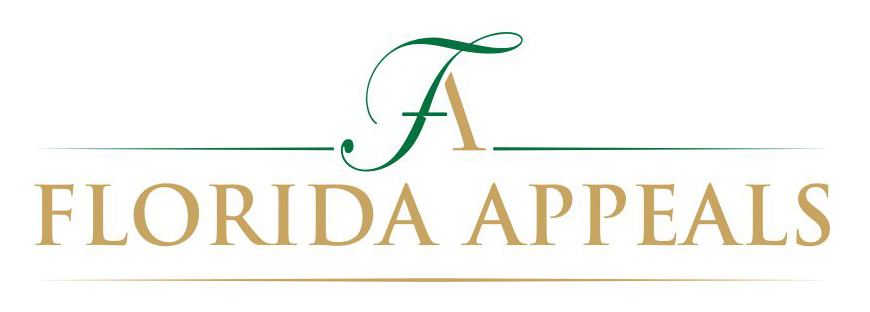The Third DCA, in Publix v. Blanco, quashed a discovery order as overbroad. Mr. Blanco sued Publix after he slipped and fell in a customer restroom. He sought to depose Publix’s corporate representative, listing over 150 areas of inquiry. Publix argued that the request was too broad and moved for a protective order, which the trial court denied. Publix then petitioned for certiorari, seeking to quash the order with respect to four areas of inquire: (1) flooring materials, (2) safety committee meetings, (3) root cause analysis and development of risk management policies and procedures, and (4) workers’ compensation claims.
To establish entitlement to certiorari relief, the petitioner must show a material injury that cannot be remedied on appeal (commonly termed irreparable harm), and that the trial court departed from the essential requirements of the law. Here, Publix claimed the trial court’s discovery order caused irreparable harm because it granted “carte blanche” access to irrelevant discovery. Publix was specifically concerned with the inquires related to corporate-wide operations. Mr. Blanco argued, in part, that the corporate-wide inquiries were relevant to show liability for negligent mode of operation.
The Third DCA began by explaining that, while overbroad discover is typically “not a sufficient basis for certiorari relief,” litigants are “not entitled carte blanche to irrelevant discovery.” Irreparable harm can be shown by establishing that the discovery sought is neither relevant nor will lead to the discovery of relevant information. Here, the discovery order required Publix’s corporate rep to address operations in over 1300 stores throughout the country.
The court concluded that Mr. Blanco’s requests would not lead to relevant information because liability was based on negligent mode of operations is not a valid claim in a slip-and-fall case. Why? Because, according to the court, the applicable statute (section 768.0755) was changed to require proof of actual or constructive notice of a transitory foreign substance and to remove claims for negligent mode of operation. Therefore, what Mr. Blanco was seeking was not relevant to his slip-and-fall claim. And because the current statute does not permit liability under the negligent mode of operation theory, the trial court’s discover order, which permitting inquiries into corporate-wide operations, departed from the essential requirements of the law.
